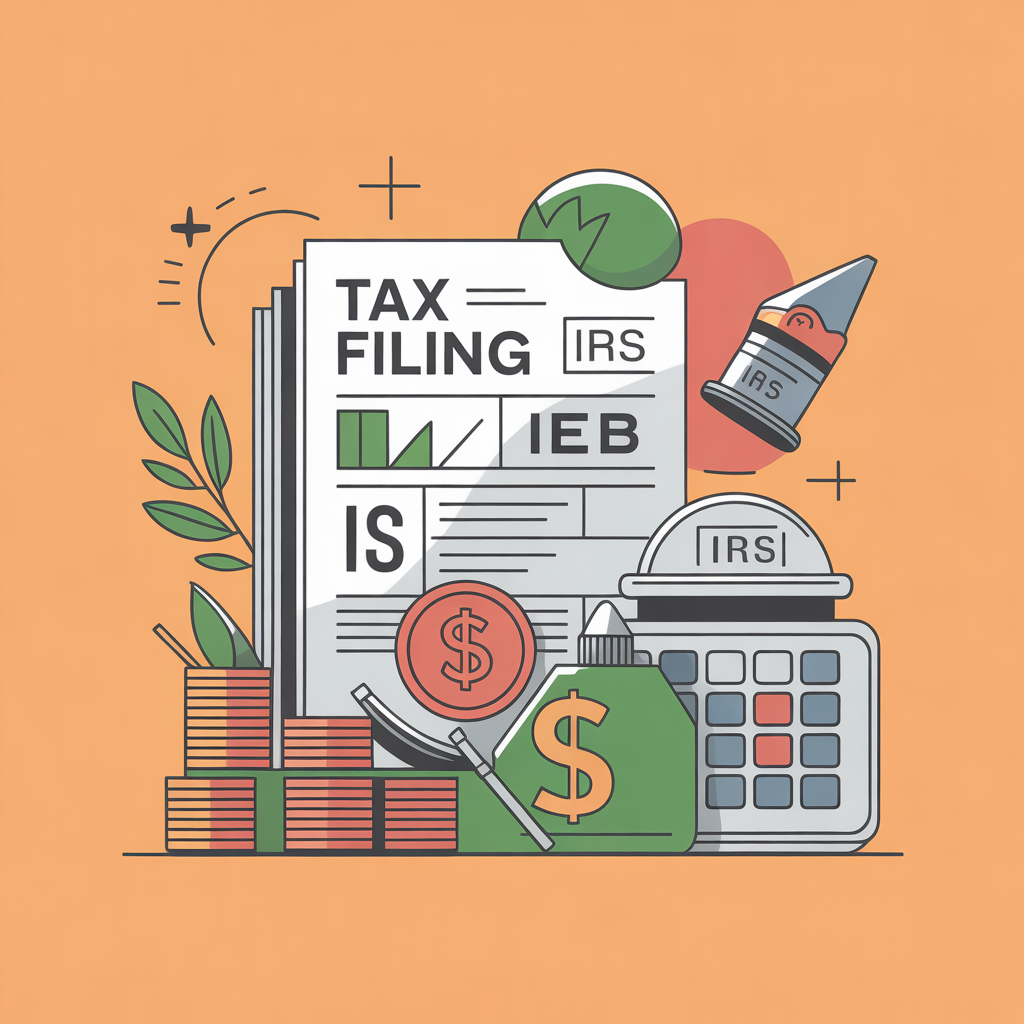The United Arab Emirates (UAE) is an attractive destination for many American expatriates due to its tax-free income, high quality of life, and vibrant economy. However, US expats living in the UAE still have tax obligations to the United States. Unlike most countries, the US taxes its citizens on worldwide income, regardless of where they reside. If you are a US expat in the UAE, here’s what you need to know about your tax responsibilities.
- Do US Expats in the UAE Have to File US Taxes?
Yes. As a US citizen or Green Card holder, you must file a US federal tax return if your income exceeds the filing threshold. The US requires all its citizens to report their worldwide income, including salaries, business income, rental income, and investment gains.
The 2024 filing thresholds are:
- Single filers: $13,850
- Married filing jointly: $27,700
- Self-employed individuals: $400
Even though the UAE has no personal income tax, you still need to report your earnings to the IRS.
- Foreign Earned Income Exclusion (FEIE)
To help prevent double taxation, the US offers the Foreign Earned Income Exclusion (FEIE). For 2024, you can exclude up to $120,000 of foreign-earned income if you meet one of the following tests:
- Physical Presence Test: You must be outside the US for at least 330 full days in a 12-month period.
- Bona Fide Residence Test: You must be a tax resident of another country for a full calendar year.
This exclusion applies only to earned income (wages and self-employment income), not passive income like rental or investment earnings.
- Foreign Tax Credit (FTC)
Since the UAE does not impose income tax, many US expats do not benefit from the Foreign Tax Credit (FTC), which allows taxpayers to offset foreign taxes paid against US taxes owed. However, for those earning income in other countries that do impose taxes, the FTC may be an option.
- FBAR and FATCA Requirements
US expats in the UAE must also comply with foreign financial account reporting requirements:
- FBAR (Foreign Bank Account Report): If you have foreign bank accounts with an aggregate balance exceeding $10,000 at any time during the year, you must file FinCEN Form 114.
- FATCA (Foreign Account Tax Compliance Act): If your foreign financial assets exceed specific thresholds (e.g., $200,000 for single filers living abroad), you must report them on Form 8938 with your tax return.
- Self-Employment and Business Taxes
If you are self-employed in the UAE, you must still pay self-employment tax (15.3%) to the US, as there is no totalization agreement between the US and the UAE to prevent double taxation of Social Security and Medicare taxes.
- State Tax Considerations
Some US states require you to continue filing state tax returns even if you live abroad. If your last state of residence had no income tax (e.g., Texas, Florida, Nevada), you may not have a state tax filing obligation. However, states like California and New York have strict residency rules that may require continued filing.
- How to Stay Compliant
To ensure you remain compliant with US tax laws while living in the UAE:
- File your US federal tax return annually.
- Utilize the Foreign Earned Income Exclusion (FEIE) or Foreign Tax Credit (FTC) to reduce your US tax liability.
- Report foreign bank accounts via FBAR and FATCA if required.
- Stay aware of self-employment tax obligations if you are a freelancer or business owner.
- Consider working with a US expat tax professional to navigate complex filing requirements.
Contact us: +1 (972)-996-6644
Email us : info@theriwa.com Visit our website : https://theriwa.com/






